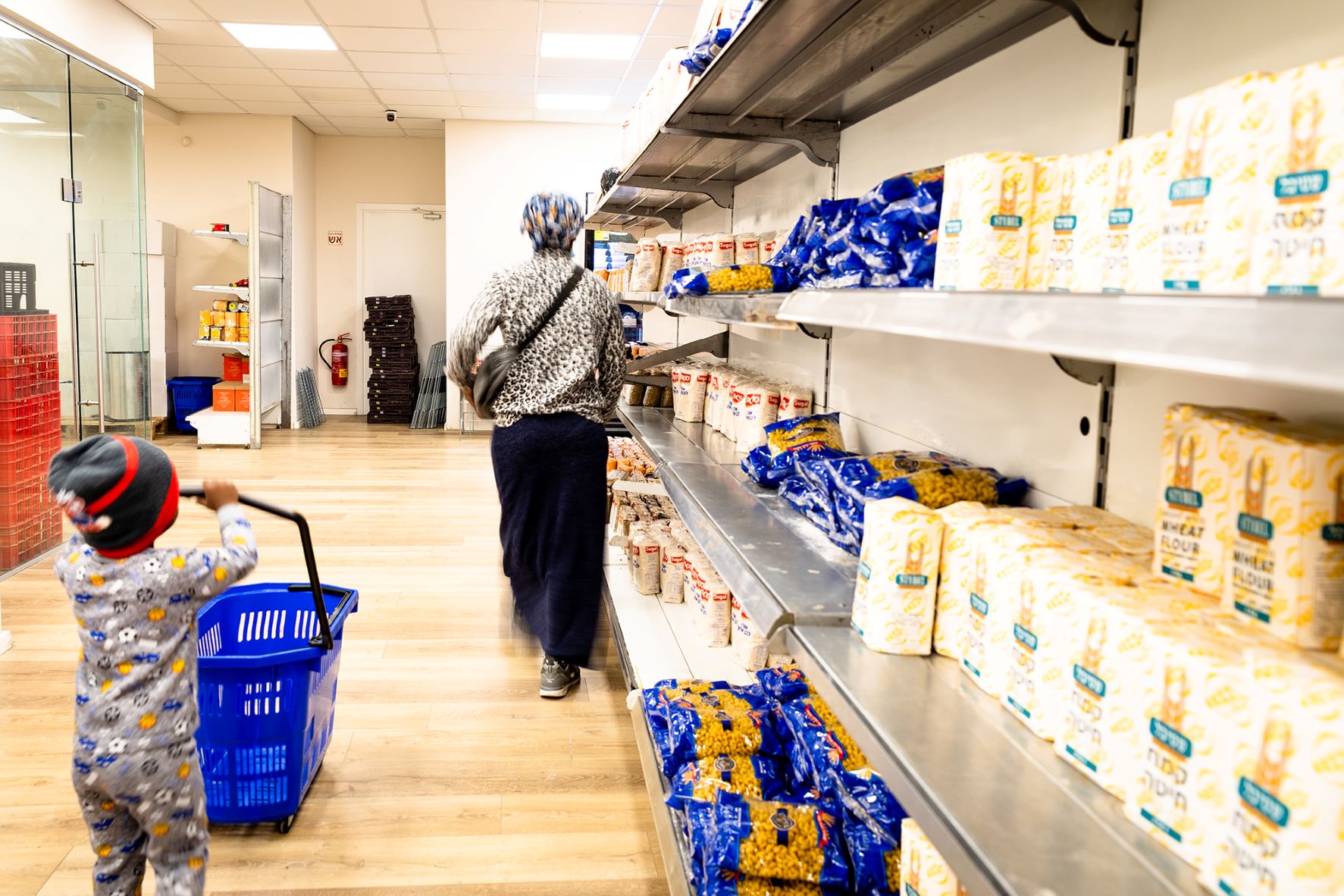$44,000
FOR DONATION
HEALTH & WELFARE / WELFARE
PROJECT
Program to support students who are deaf or have a hearing disability.
OBJECTIVE
Support students with learning disabilities and face disadvantages to develop their interests and strengths, achieve matriculation, and pursue a profession.
IMPORTANCE
Without ORT Geula, many of these students may lose critical education and training opportunities. ORT Geula’s educational approach and supportive environment equip them to become meaningful contributors to Israeli society and the economy.
The school has built a personalized framework that genuinely responds to students’ needs and, therefore, gives many of them their first real opportunity to succeed! Sunny Carmlei, Principal
THE BACKGROUND
ORT Geula is a technology high school (grades 9-12) distinguished by small classes and individualized teaching and support. The school caters to students who struggle to succeed in standard educational frameworks and has a special track for students who are deaf or have a hearing disability. It focuses on providing a supportive environment, cultivating students’ interests and strengths, and helping
them to achieve matriculation. The school has three academic programs that focus on real-world application:
1. Computer Studies, which aims to equip students to enter the world of high-tech in the future.
2. Design Arts, which teaches art as well as graphic design.
3. Vocational Studies, the first of its kind in Israel, enables students to delve into their interests and receive mentorship on how these interests can be translated into a career. In addition, the school emphasizes informal educational opportunities, extra-curricular activities, and teaching life skills.
THE NEED
ORT Geula caters to students who struggle to succeed in standard educational frameworks, including:
– Students with learning disabilities;
– Students with ADHD;
– Students from low socio-economic backgrounds;
– Students with limited family support.
The student body is very diverse and includes:
– Israeli families, mainly from the southern part of Tel Aviv-Jaffa;
– New immigrant families;
– Children of foreign workers and asylum seekers;
– Muslim and Christian families from Jaffa.
Special programs and additional resources are required to enable these students to succeed.
THE PROJECT
Students who are deaf or have a hearing disability – as well as the staff who teach them – require additional emotional support. Currently, a psychologist attends school one day per week but this is insufficient and needs to be doubled. It is essential that these students receive additional psychological support in order to help them thrive in their education.
THE INVESTMENT
The Tel Aviv Foundation seeks funding to double the support provided by a psychologist for students who are deaf or have a hearing disability.
DONATION REQUESTED $44,000
-
The Reuth Tel Aviv Rehabilitation Campus – Establishing the Future of Healthcare
Background More than 60,000 soldiers and civilians have been wounded since October 7 and in the subsequent Swords of Iron War, creating an enormous and unprecedented challenge for Israel’s healthcare system. Thousands of patients are receiving inpatient and outpatient rehabilitation treatment so that they can regain functional independence and return to their lives and […]
-
Providing food security to asylum seekers and undocumented individuals
The Social Grocery StoreBackround: There are approximately 30,000 asylum seekers and people without status living in Israel, most residing in the impoverished neighborhoods of South Tel-Aviv. Asylum seekers and people without status living in Israel experience ongoing financial instability, often resulting in increased vulnerabilities and exposure to many risks, such as homelessness, health and safety, food insecurity, and […]
-
Uplifting and empowering south Tel Aviv teens
The Lin FoundationLin Yavgenia Levkov – A Promising life cut short: Lin Yavgenia Levkov and her mother Irina immigrated to Israel in the height of the 1990s post-Soviet Aliyah wave. Lin’s childhood was difficult; she struggled at school and barely continued her education into high school. But this is where her story took a turn; Lin studied […]




